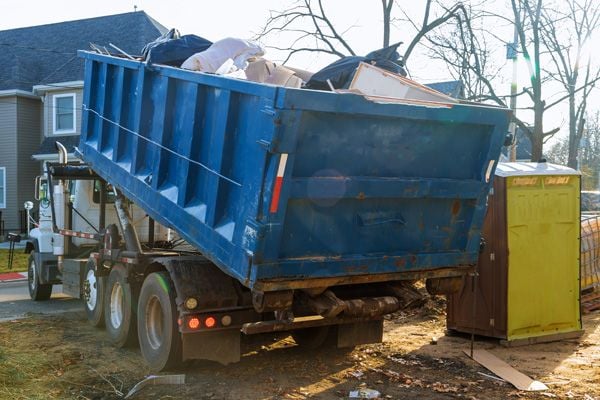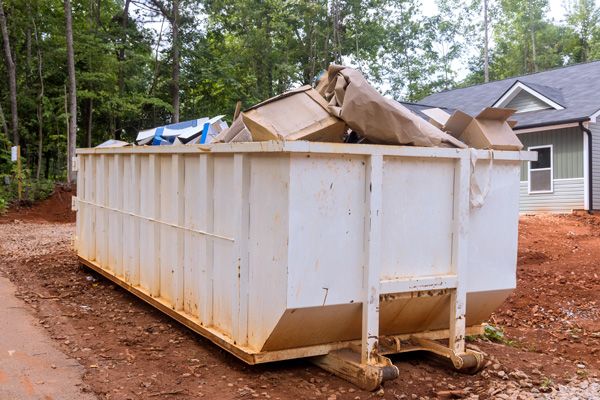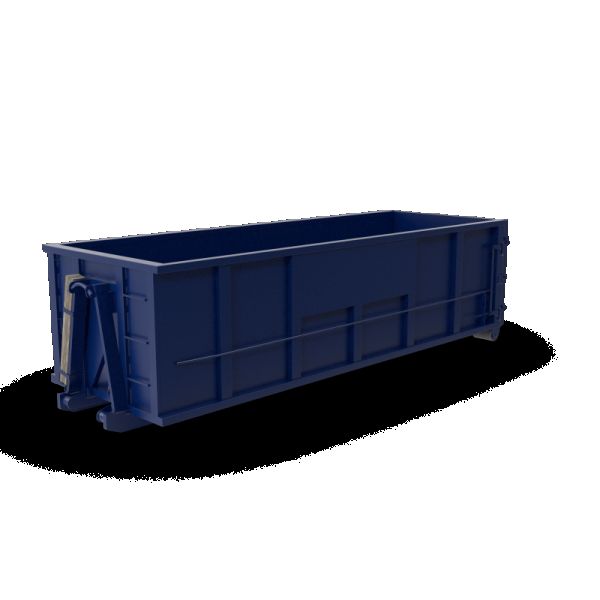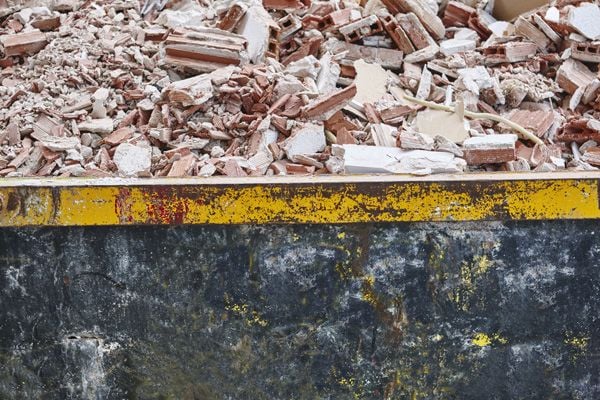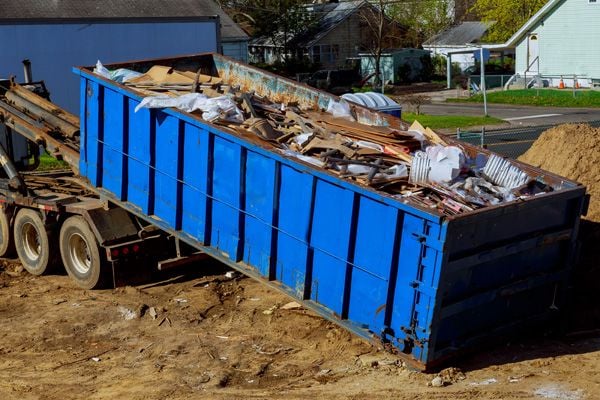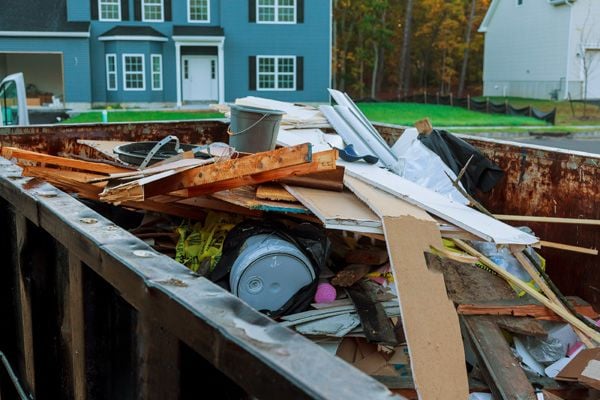How To Recycle Materials In Your Dumpster Rental
Going green has become more than just a passing fad. With the Earth’s resources depleting and global temperatures on the rise, it is becoming increasingly important for individuals to make an effort to conserve our planet’s natural resources. One way that people can do their part in reducing waste and preserving our environment is by recycling materials in their dumpster rental. This article will provide readers with an informative guide on how to properly recycle materials from their dumpster rentals so they are able to reduce their carbon footprint as much as possible. As “easy as pie,” this article will be sure to help you get started! The process of recycling materials from your dumpster rental may seem daunting or even overwhelming at first; however, there are many easy steps that can be taken to ensure that the job gets done quickly and efficiently. To begin, it is important to understand what types of items should not go into your dumpster rental before you start throwing things away – some of these items include hazardous waste such as paint cans, car batteries, motor oil containers, etc., which need special disposal processes. Additionally, certain recyclable items like paper products, cardboard boxes, plastic bottles and jugs also cannot be put directly into your dumpster rental and must instead be recycled separately using a separate bin or container. Once all non-recyclables have been removed from the contents of your dumpster rental, it is time to sort through the remaining items according to material type – glass, metal cans/tins/aluminum foil wrappers (not aluminum pans), plastics #1-7 (check local codes for specifics) and paper/cardboard products should all be separated out for proper disposal or donation if still usable. After sorting through everything in the dumpster rental, it is now important that each individual item find its way either back into circulation via donation or resale or into a designated recycling center where it can then be broken down into raw materials used for new products or turned into renewable energy sources such as biogas. What Materials Can Be Recycled? Recycling is an increasingly important step in reducing the amount of waste generated and helping protect the environment. Individuals who are looking to do their part can start by examining what materials can be recycled through their dumpster rental. Aluminum cans, soda bottles, food containers, paper bags, plastic bottles, steel cans, and milk jugs are all items that can be easily recycled. In addition to these familiar objects, many other materials are also suitable for recycling depending on local regulations – such as glass jars and cardboard boxes. A quick search online will allow individuals to get a better understanding of which material they should consider recycling from their dumpster rental. For example, some cities may require certain packaging or types of plastics that need to go into your recycle bin. To ensure compliance with any specific requirements in one’s area it is best to double check before disposing of recyclable materials. By making sure the appropriate items make it into your recycle bin you can help sustain our planet’s resources for future generations while also ensuring responsible use of natural resources today. This transition paves the way to understanding where does your trash actually go? Where Does Your Trash Go? It is undeniable that a crucial part of our dumpster rental journey is understanding where the trash goes. As essential as it is to comprehend what materials can be recycled, learning about the final destination for our waste is equally imperative. To truly understand how to recycle materials in your dumpster rental, let us explore this topic further and uncover all its intricacies. To start off, we need to consider the size of our container delivery. Depending on the type of project you are undertaking – whether it be construction materials or demolition projects – specific sized containers are needed for any given job. For instance, if hazardous material needs to be disposed of safely, then larger sizes should always be considered. Furthermore, different collection trucks may also have varying restrictions when it comes to transporting certain types of waste; thus proper planning ahead must take place before one commits to their chosen dumpster size. As far as disposal options go, here’s an overview: • Collection Trucks: These are typically used by haulers who collect large amounts at once from various sources such as businesses or residential areas. They’ll pick up your trash and transport it away quickly so you don’t have to worry about removal yourself! • Recycling Centers: Here recyclable items are sorted into categories like aluminum, glass, paper and more before being sent off for processing. Additionally these centers may offer incentives for bringing in your own recyclables which could save money in the long run! • Landfills & Incinerators: These facilities provide permanent storage solutions for non-recyclable materials – anything that can’t be reused or repurposed will ultimately end up here but they do come with environmental concerns due to methane gas emissions and other pollutants released during incineration processes. Clearly there are multiple paths available when considering where your trash goes upon completion of a dumpster rental period. Regardless of whichever route you choose though, having knowledge about recycling materials properly will benefit both ourselves and future generations alike! Aluminum, Glass, Paper And More: What Gets Recycled? Recycling materials is an important part of reducing waste and helping the environment. Aluminum, glass, paper, and other items can all be recycled in dumpster rental units. It is essential to understand what types of recyclable items are accepted in order to get the most out of a recycling program. Aluminum cans, plastic bottles, paper products such as cardboard boxes or magazines, and glass jars are common items that can easily be placed into dedicated recycling bins for collection. Motor oil containers made from plastic should also be disposed of properly by placing them in designated recycling receptacles so they do not end up polluting landfills. Wood waste generated from construction projects
How To Recycle Materials In Your Dumpster Rental Read More »

